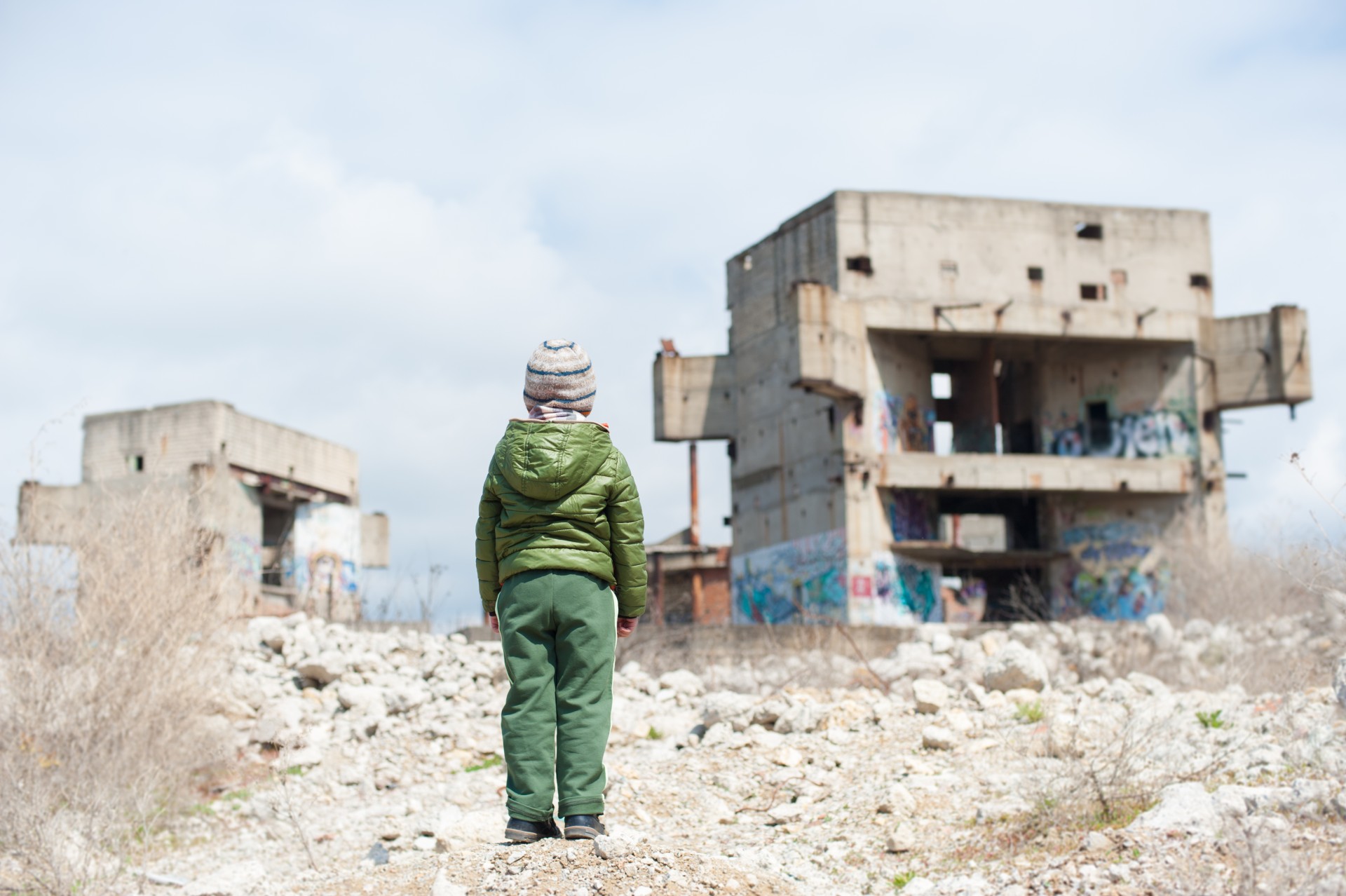Disconnects between state and society are at the heart of much of today’s political and ideological violence. Political and economic exclusion fuels inequality and corruption, undermines state legitimacy, and helps drive ideological extremism. It’s why a consistent theme of our dialogues is exploring the role of building more inclusive societies, moving beyond state and elite-centred approaches to encompass the wider communities. As many peace agreements fail with several years of their conclusion, innovative society-wide approaches are critical for sustainable peacebuilding alongside developing new frameworks for all citizens to live together as equal citizens, respecting each other’s rights and existence.
Examining how to increase the participation and influence of marginalised groups, in particular women and youth, constitutes a key element of many Wilton Park discussions on conflict, peace and violent extremism.
Increasing women’s meaningful participation in peace processes and increasing support and protection to women building peace at the grassroots is a priority theme for us in the 20th anniversary of the landmark UN Security Council Resolution 1325 on Women, Peace and Security. Likewise, with half of the global population under 30, another key theme for our dialogues is the role of young people in conflict prevention, resolution and peacebuilding exploring what new approaches are needed in order to co-create a more peaceful and prosperous world.
